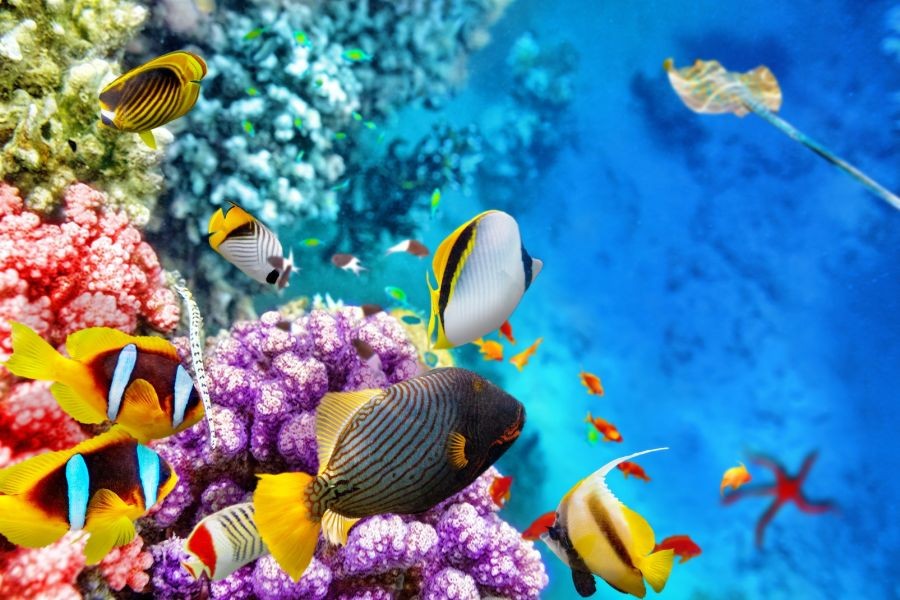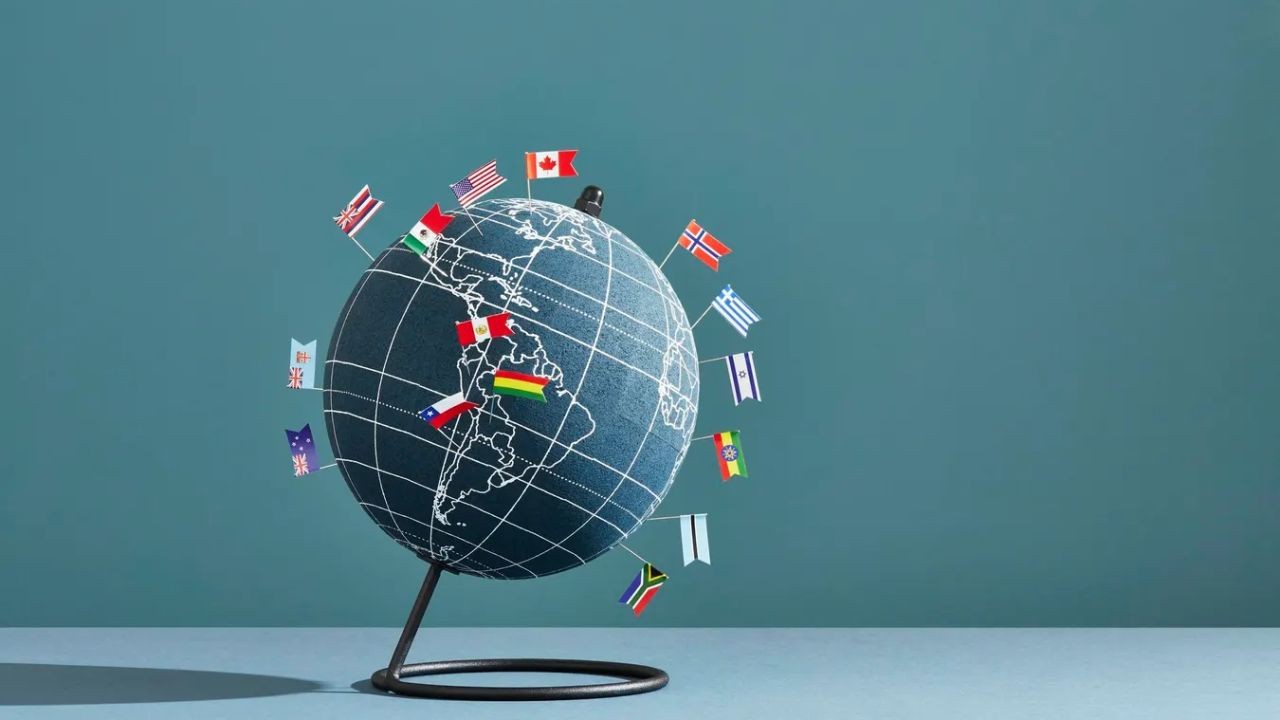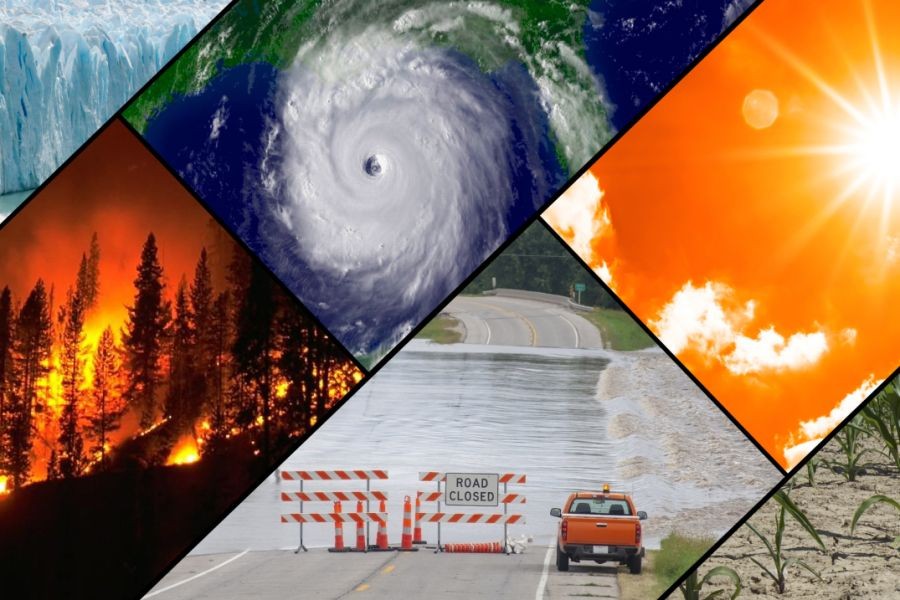In recent years, the Great Barrier Reef has become a symbol of the devastating impact of climate change. As the largest coral reef system in the world, it spans over 344,400 square kilometers, supporting thousands of marine species and playing a critical role in global biodiversity. While the reef is located off the coast of Australia, its significance reaches far beyond, impacting ecosystems and economies worldwide, including New Zealand. This article explores the multifaceted impact of climate change on the Great Barrier Reef, offering insights relevant to New Zealand's environmental policies and industries.
The Pros of Climate Change Awareness and Action
Increased Environmental Awareness: The plight of the Great Barrier Reef has catalyzed a global environmental movement, raising awareness about the importance of protecting marine ecosystems. In New Zealand, this has translated into increased public support for robust environmental policies and conservation efforts.
Boosted Eco-tourism: As people become more environmentally conscious, eco-tourism has flourished. New Zealand, known for its pristine natural landscapes, is well-positioned to capitalize on this trend, attracting tourists interested in sustainable travel experiences.
Innovation in Marine Science: The challenges faced by the Great Barrier Reef have spurred advancements in marine science and technology. New Zealand's universities and research institutions have been at the forefront, contributing valuable insights into coral regeneration and climate resilience. This innovation not only enhances scientific understanding but also opens up new economic opportunities in the marine biotechnology sector.
The Cons of Climate Change Impact on the Great Barrier Reef
Coral Bleaching: Rising sea temperatures, a direct result of climate change, have led to widespread coral bleaching in the Great Barrier Reef. Bleached corals are weakened and more susceptible to disease, threatening the entire marine ecosystem. This could affect New Zealand's fishing industry, as changes in marine biodiversity impact fish stocks and, consequently, the economy.
Economic Losses: The degradation of the reef has significant economic repercussions. According to the Reserve Bank of New Zealand, the tourism industry contributes substantially to the economy. A decline in reef tourism could lead to a loss of billions of dollars, affecting both Australian and New Zealand tourism sectors.
Loss of Biodiversity: The Great Barrier Reef is home to a vast array of marine life. Its decline could result in the loss of species that are crucial for maintaining ecological balance. This loss of biodiversity could have ripple effects on New Zealand's marine ecosystems, potentially disrupting local fisheries and impacting food security.
Case Study: New Zealand's Marine Conservation Efforts
Problem: New Zealand's marine ecosystems face threats similar to those affecting the Great Barrier Reef, such as ocean acidification and overfishing. Recognizing the urgency, New Zealand has implemented various marine conservation initiatives.
Action: The New Zealand government introduced the Marine Protected Areas (MPA) policy, aiming to protect 30% of its marine environment by 2030. This policy involves creating no-take zones, where fishing and other extractive activities are prohibited, to allow marine life to recover.
Result: Since implementing the MPA policy, New Zealand has seen positive ecological outcomes. Fish populations in protected areas have increased by over 40%, contributing to healthier marine ecosystems. These efforts have also enhanced New Zealand's reputation as a leader in marine conservation.
Takeaway: New Zealand's proactive approach to marine conservation demonstrates the importance of strong environmental policies. By protecting marine habitats, the country not only preserves biodiversity but also supports its fishing and tourism industries. Other countries facing similar challenges can learn from New Zealand's model and implement robust conservation strategies to safeguard their marine resources.
Common Myths and Misconceptions
- Myth: "Climate change only affects polar regions." Reality: Climate change impacts every corner of the globe, including tropical regions like the Great Barrier Reef. Rising temperatures and ocean acidification are global phenomena that require worldwide action.
- Myth: "Coral reefs can quickly recover once conditions improve." Reality: Coral reefs take decades to recover from severe bleaching events. Immediate action is essential to prevent irreversible damage.
- Myth: "Marine conservation is too costly and not economically viable." Reality: Investing in marine conservation yields long-term economic benefits by preserving fisheries, boosting tourism, and protecting biodiversity.
Future Trends and Predictions
By 2030, it is predicted that climate change mitigation efforts will significantly influence global marine conservation strategies. According to a report by the Ministry of Business, Innovation, and Employment (MBIE), advancements in technology and increased international cooperation will enhance the resilience of coral reefs worldwide. New Zealand is expected to lead in developing innovative solutions for marine conservation, setting a benchmark for other nations.
Conclusion and Call to Action
The impact of climate change on the Great Barrier Reef serves as a poignant reminder of the urgent need for environmental action. New Zealand, with its commitment to sustainability and conservation, has the opportunity to play a pivotal role in protecting marine ecosystems. By implementing effective policies, fostering innovation, and raising public awareness, New Zealand can ensure a sustainable future for its marine resources.
What steps will you take to contribute to marine conservation? Share your thoughts and join the conversation below!
People Also Ask
- How does climate change impact New Zealand's marine industry? Climate change affects New Zealand's marine industry by altering fish stocks and impacting biodiversity, leading to potential economic losses in fisheries and tourism.
- What are the biggest misconceptions about climate change and coral reefs? One misconception is that coral reefs can quickly recover from bleaching. In reality, recovery takes decades, highlighting the need for immediate conservation efforts.
- What strategies can New Zealand adopt to protect its marine ecosystems? New Zealand can adopt strategies like expanding marine protected areas, investing in marine research, and promoting sustainable fishing practices to protect its marine ecosystems.
Related Search Queries
- Great Barrier Reef climate change impact
- New Zealand marine conservation strategies
- Climate change effects on coral reefs
- Eco-tourism in New Zealand
- Marine biodiversity conservation
- Coral bleaching recovery time
- New Zealand sustainable tourism
- Future of marine ecosystems
- Great Barrier Reef tourism decline
- Environmental policies in New Zealand































